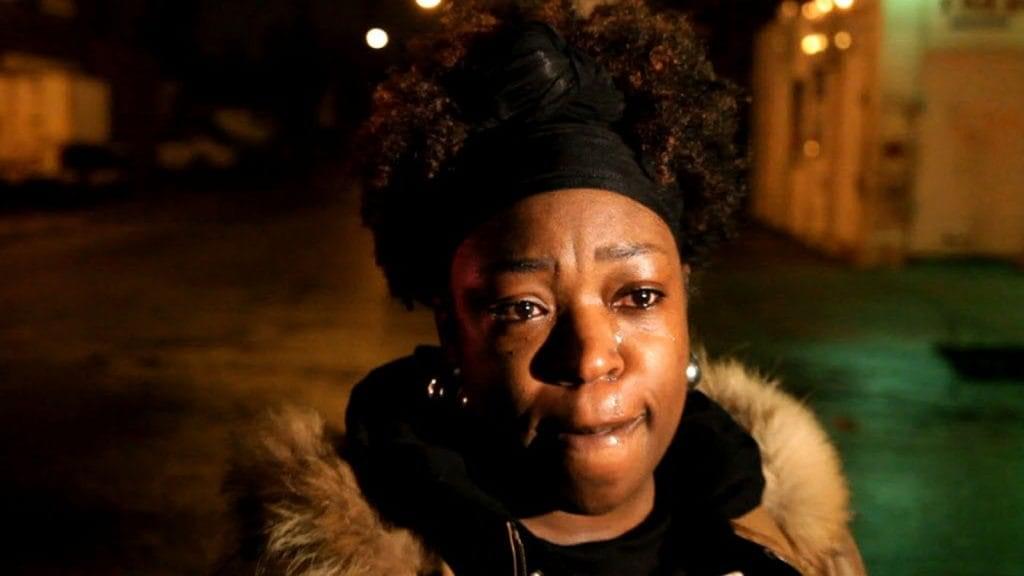
We humans seem to expect that, if the aliens aren’t coming here to kill us, they must be here to save us.
“The Day the Earth Stood Still,” “E.T.” and Robert Heinlein’s as-yet unfilmed novel, “Stranger in a Strange Land,” posit aliens as saviors and teachers, brought to earth to minister to our ills. Klaatu came to save us from our capacity for mass extermination, E.T. to help a little boy with his loneliness, and Michæl Valentine Smith (who’s not really an alien, he just thinks like one) is here to show us the way to grok metaphysical reality.
Joe Morton as the kindly escaped alien slave in John Sayles’ comic parable, “The Brother from Another Planet,” is happy to do a good turn by us humans. However, like all real-life immigrants, his first concern is survival. And, since his skin is black, that’s going to be just a little tougher.
Michæl Rennie as the suave, English-accented Klatu could just waltz into a middle-class Washington D.C. house and be accepted as a mysterious border (especially since he’s brought a few diamonds along). The Brother, on the other hand, crash lands, mute and empty-handed and Henry Thomas isn’t offering him any Reeses Pieces. Salvation comes when the concerned, voluble regulars at a Harlem bar (Bill Cobbs, Darryl Edwards, Carl Gordon and Steve James) decide to give the silent Brother a break. Even then, he’d end up in a men’s shelter if it wasn’t for the fact that he has a marketable skill — he can fix any machine by simply laying-on hands.
What follows is a shambling, good-natured urban odyssey as the humanoid, three-toed Brother learns the ins-and-outs ways of Harlem life, romantically pursues a once-famous soul singer (Dee Dee Bridgewater), discovers the horrors of hard drugs and evades a couple of pre-Will Smith “men in black” — a pair of extraterrestrial Joe Fridays played with pitch-perfect, Pythonesque silliness by David Strathairn and writer-director Sayles.
“The Brother from Another Planet” is more than just good natured fun with a social conscience. It marks an important step in John Sayles development as a filmmaker. Deliberately dropping the overtly literary approach of “Lianna” and “Return of the Secaucus 7,” “Brother” is as visual as it is verbal, using pantomime and Ernest K. Dickerson’s outstanding photography to tell a more universal kind of story.
A word about actors: In a color-blind, less looks obsessed world, this would have been a star-making performance for Joe Morton. Deprived of his amazing verbal gifts , Morton has plenty of body language to spare, and gives a deeply humorous performance as the lonely, gentle alien. Morton remains a busy and consistently outstanding character actor and is probably best known for playing the inventor in “Terminator 2.” On the other hand, he never really a chance to become a major star the way Jeff Bridges did after his strong performance in John Carpenter’s “Starman” —another benevolent alien story released the very same year.
Similarly, among the large supporting cast, it’s mostly just the few white faces that we’d be seeing later on. Aside from Sayles and Strathairn, Fisher Stevens has a nifty cameo as a “card trickster,” and he became the go-to guy for sleaze throughout the late eighties and early nineties (“Reversal of Fortune,” etc.). Of the supporting African-American players, only Bill Cobbs, who plays the wisest of the bar flies, is familiar today. For some reason, Mr. Cobbs has been making a habit of guest starring on high-profile HBO shows like “The Sopranos” and “Six Feet Under,” stealing a few scenes and then promptly dying. That’s not bad work for an actor but, unlike the white, butt-ugly Fisher Stevens, he never got to marry Michelle Pfeiffer!
Which just goes to show that, as “The Brother from Another Planet” profoundly illustrates, modern life is more unfair than it needs to be….It may not be the perfect John Sayles film, the perfect science fiction movie or the perfect film about black life — but it manages to seamlessly mix wit, slapstick, poignancy and politics. It groks.
